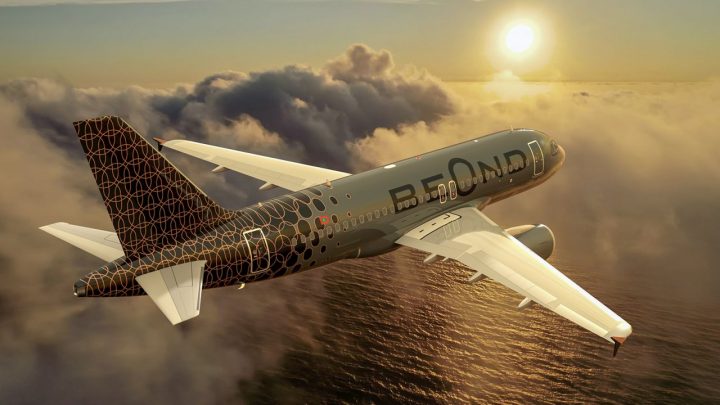
Can an all-premium class airline succeed?
BEOND, a start-up airline, is embarking on a bold venture by introducing a luxury airline featuring an exclusive all-premium class configuration. In contrast to the conventional practice of accommodating 220 economy seats, BEOND’s Airbus A321 will offer just 68 seats, focusing on delivering an unparalleled upscale travel experience.
While the concept of an airline solely composed of premium class seats isn’t entirely novel, a few airlines such as Etihad Airways and Singapore Airlines already offer this service on some routes. Nevertheless, BEOND’s ambition to limit its seating to 64 seats sets it apart from its predecessors.
Several crucial factors will determine the viability of BEOND’s business proposition. Firstly, the airline must command a premium price for its tickets. Operating costs being fixed, generating higher revenue per passenger is imperative for ensuring profitability.
Secondly, BEOND needs to attract a substantial number of passengers who are willing to invest in the luxury experience it promises. This could prove challenging, given the existing array of luxury airlines in the market.
Thirdly, prudent cost management is essential for BEOND’s profitability, particularly due to its smaller seat capacity.
Overcoming these challenges could pave the way for BEOND’s success. The airline has the potential to offer an exclusive and opulent travel journey to its passengers. However, the viability of the concept remains to be seen, awaiting the test of time to determine if BEOND can truly make a significant impact on the aviation industry.
Can Such an Airline Compete with Conventional Carriers?
The potential competition between an all-premium class airline and conventional carriers hinges on various factors, including ticket prices, service quality, and target demographics.
If BEOND can substantiate its premium ticket prices, it stands a chance of luring passengers who are willing to indulge in a lavish travel experience. Yet, exorbitant prices might dissuade a significant portion of potential travelers, posing a threat to profitability.
Service quality is equally pivotal. The airline must deliver an exceptionally high standard of service to justify the premium ticket costs. This encompasses aspects like comfortable seating, gourmet dining, and attentive customer service.
Ultimately, the target demographic plays a pivotal role. BEOND must tailor its offerings to attract passengers who appreciate and are willing to pay for an upscale travel experience. This could encompass corporate travelers, affluent tourists, and celebrities seeking a superior journey.
Successfully navigating these considerations might enable BEOND to hold its own against conventional airlines. However, it’s essential to acknowledge that this is a formidable business model, and success is far from guaranteed.
BEOND’s business concept is undeniably ambitious, though not insurmountable. With adept execution, the airline could carve a successful niche. Nevertheless, it must confront a series of challenges to validate its position in the industry.






